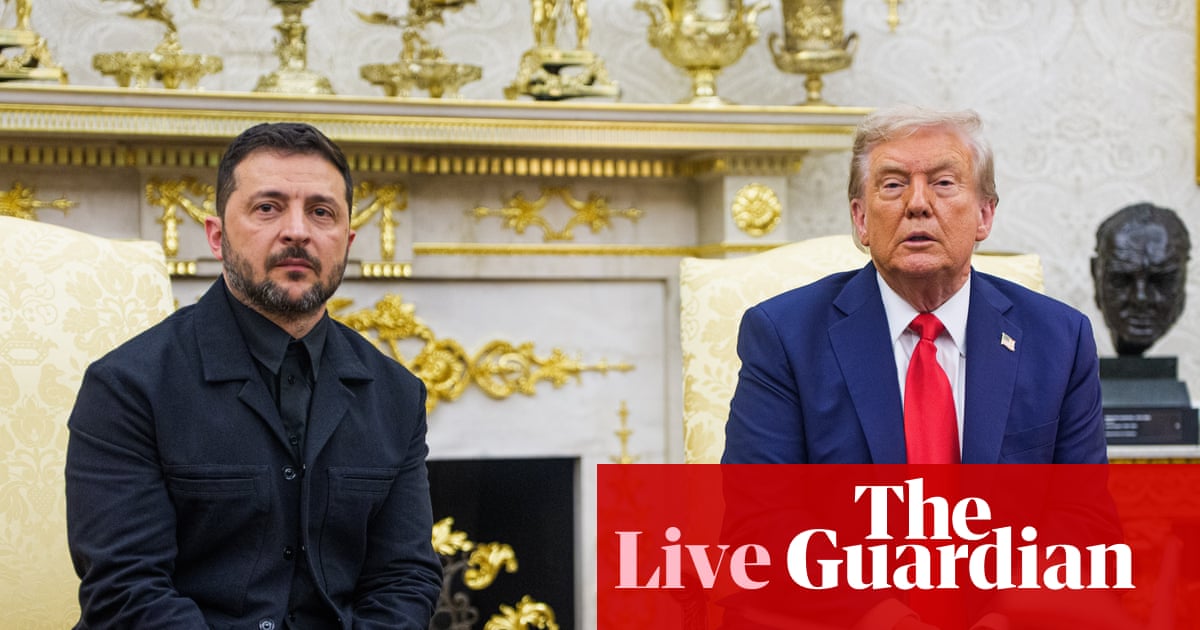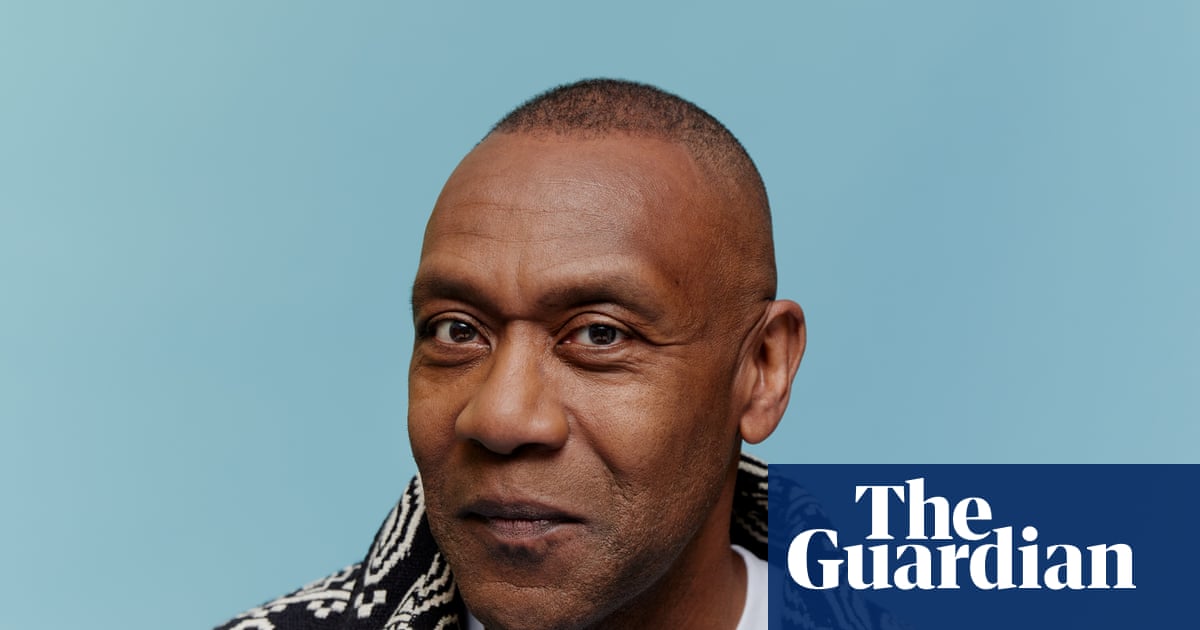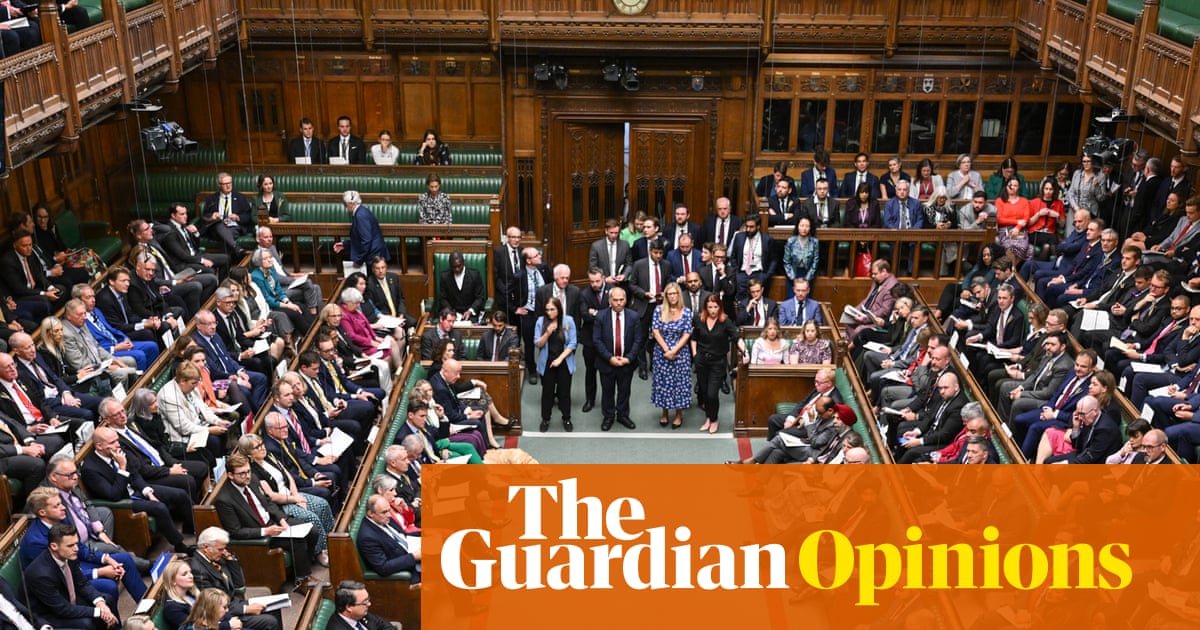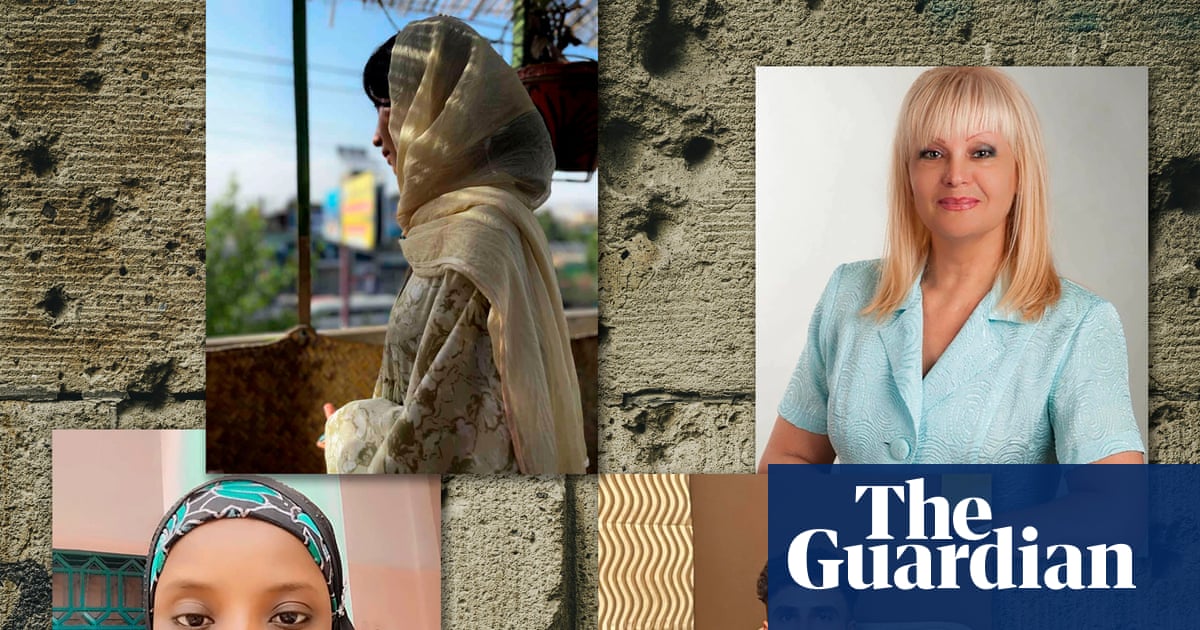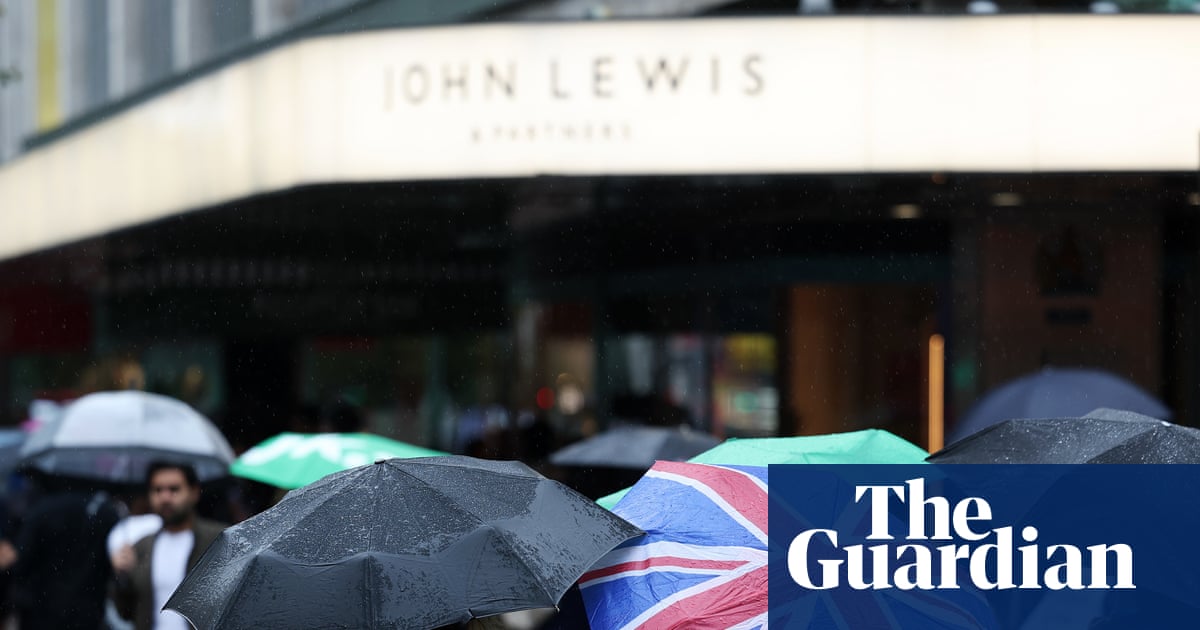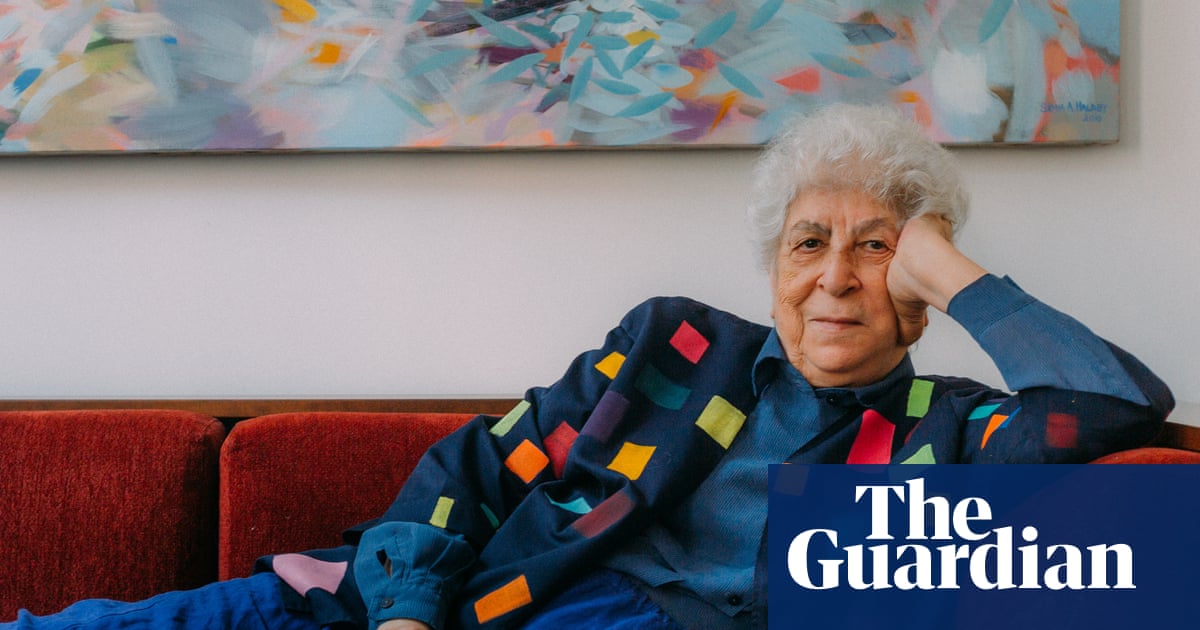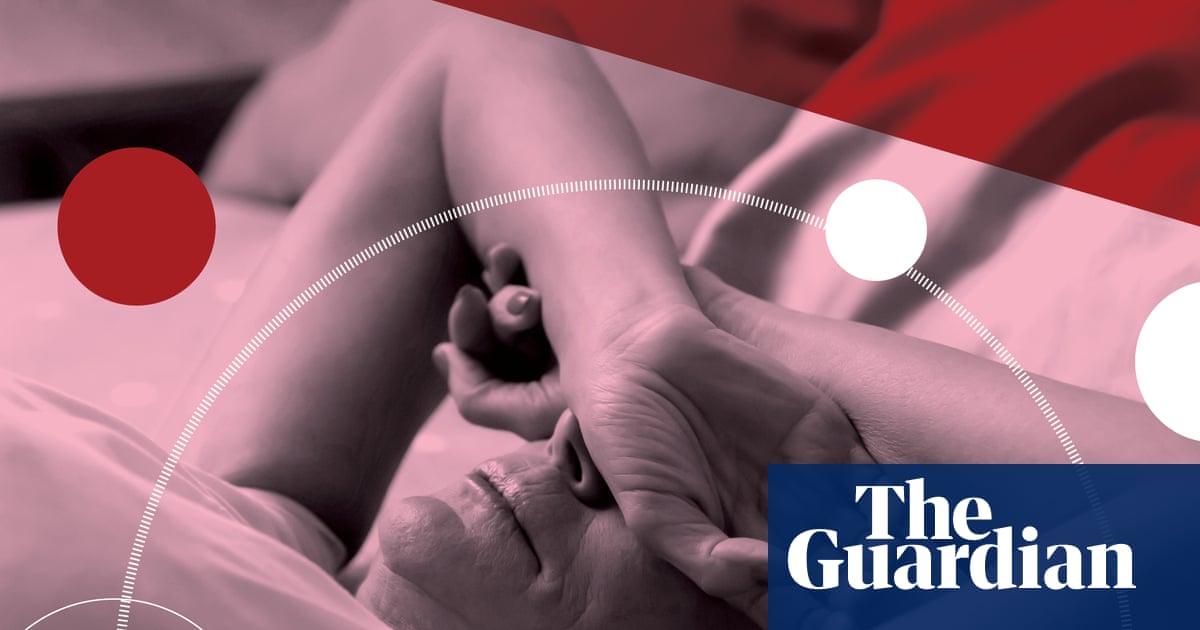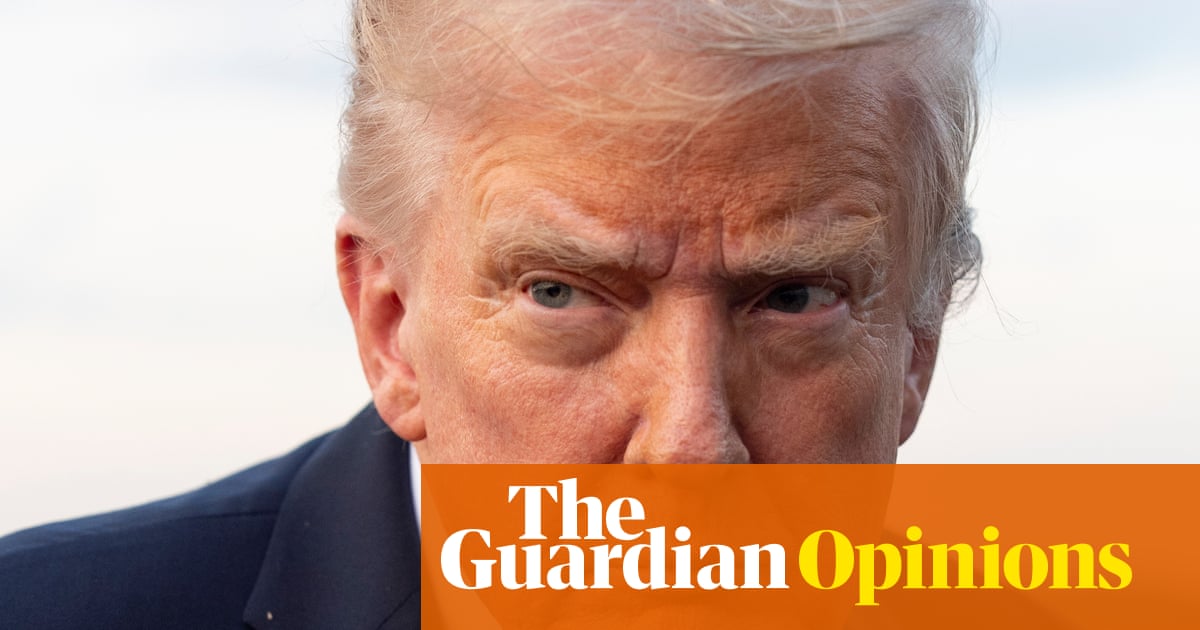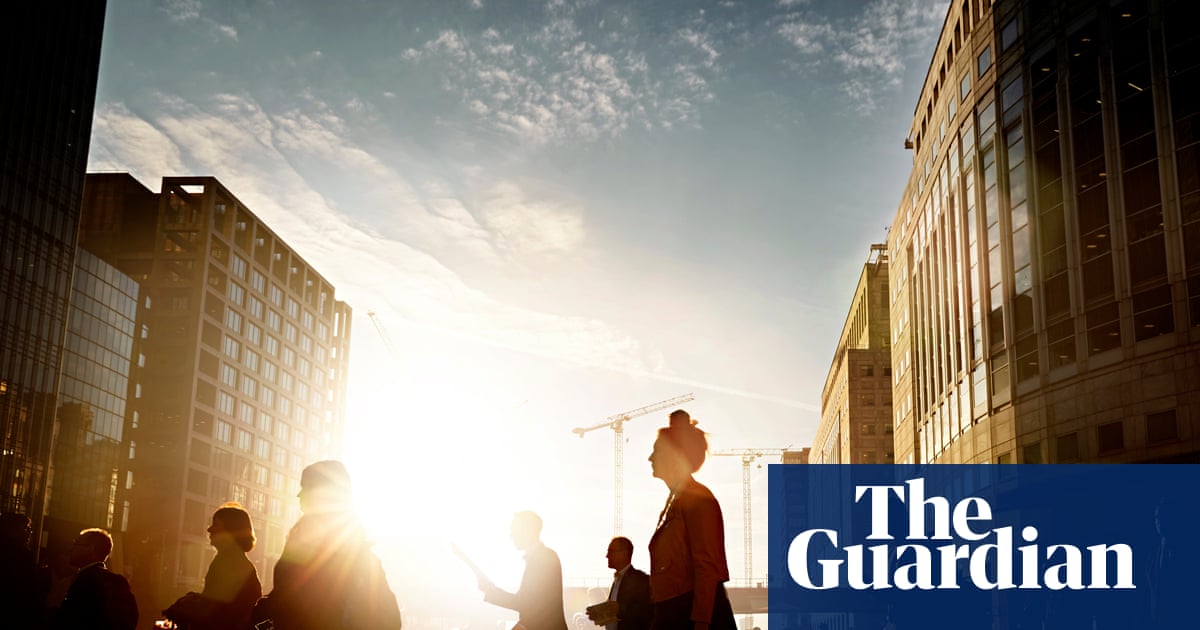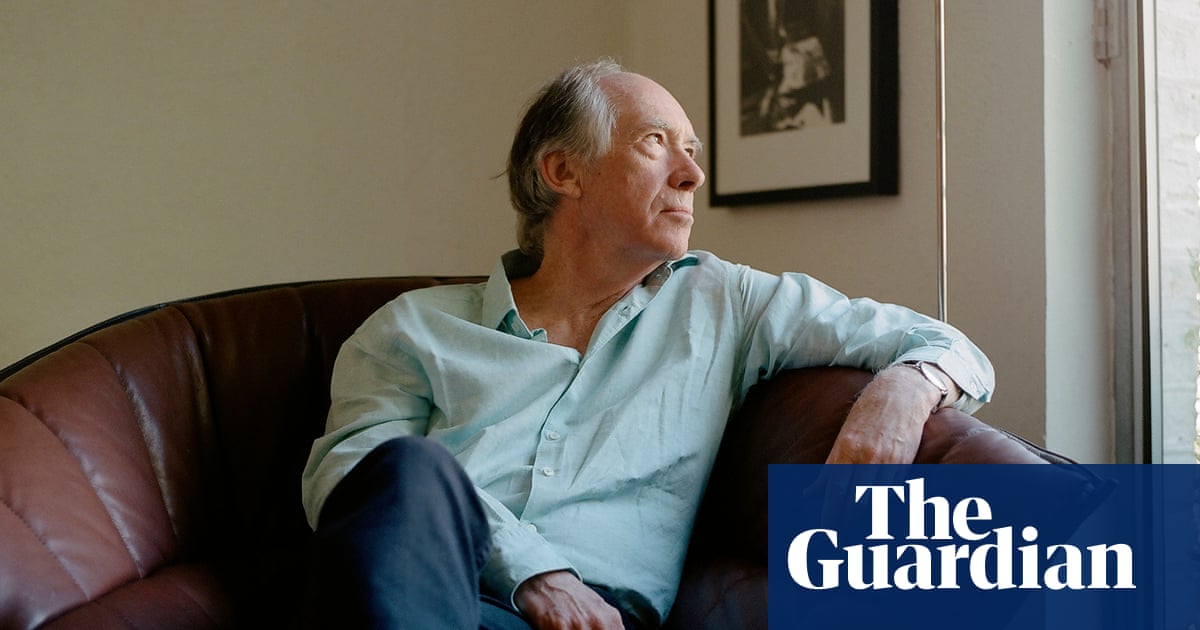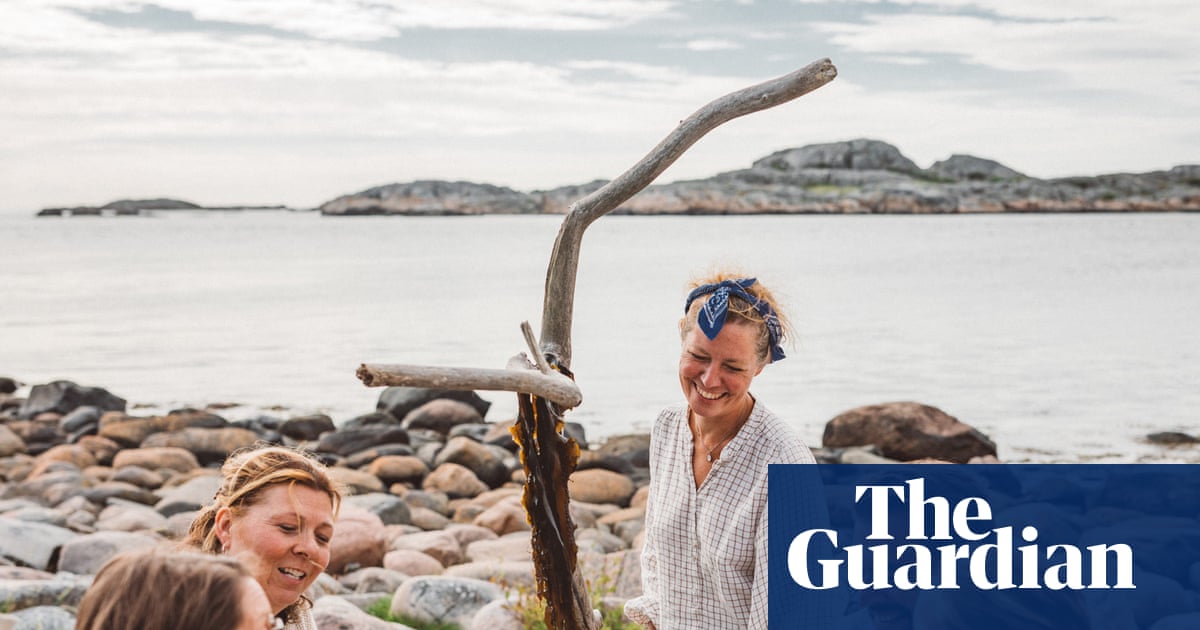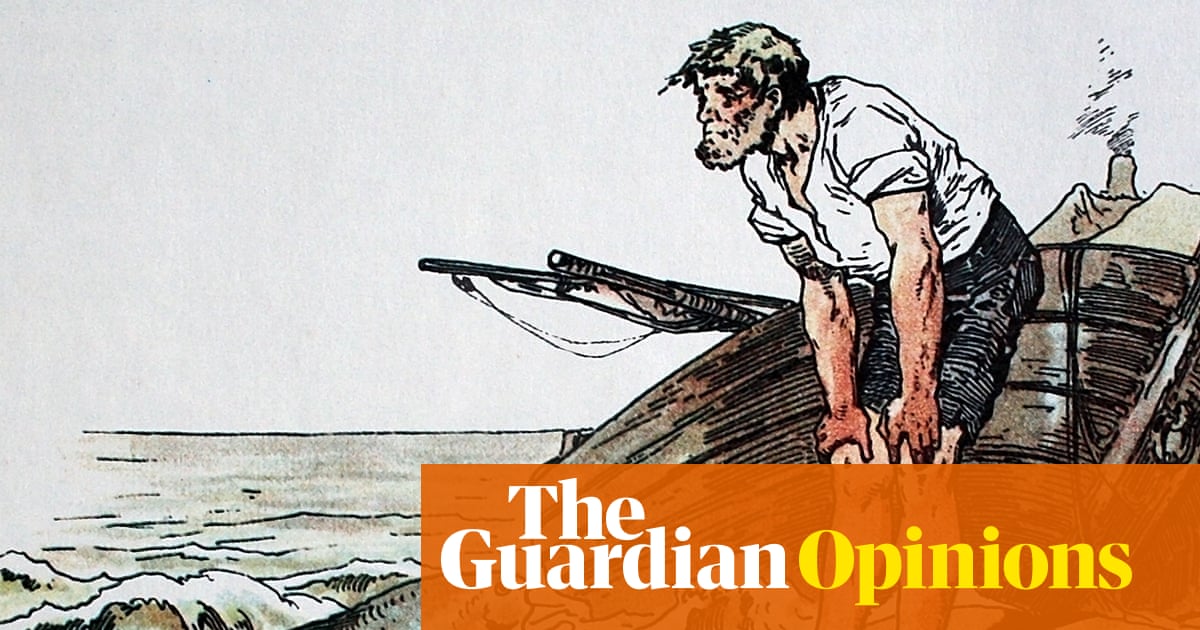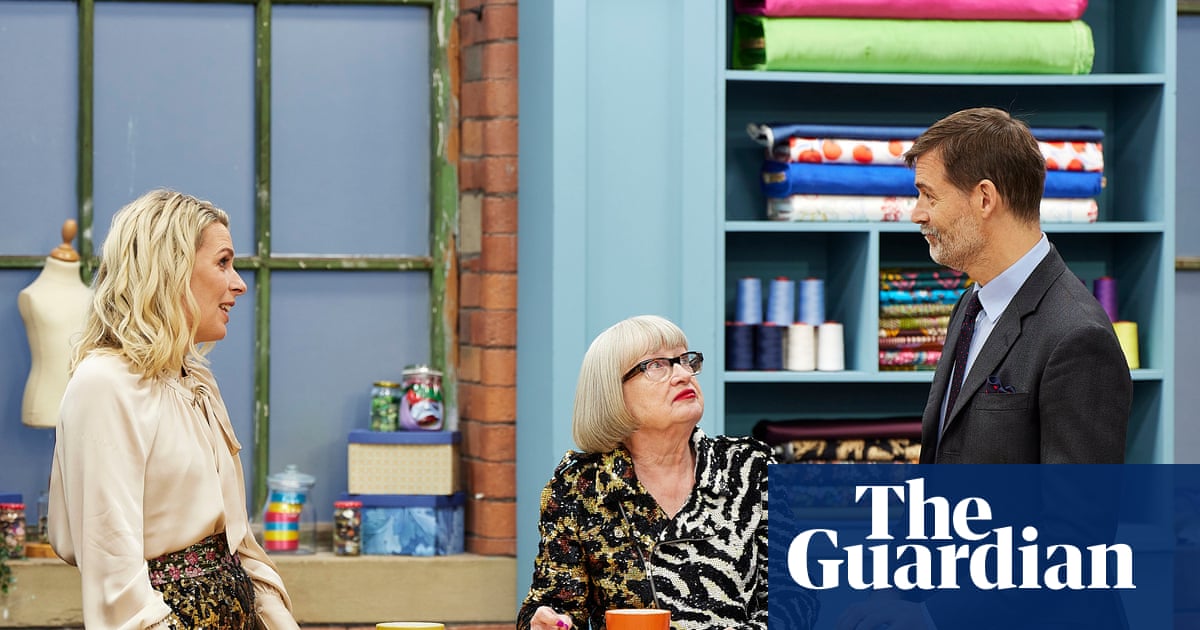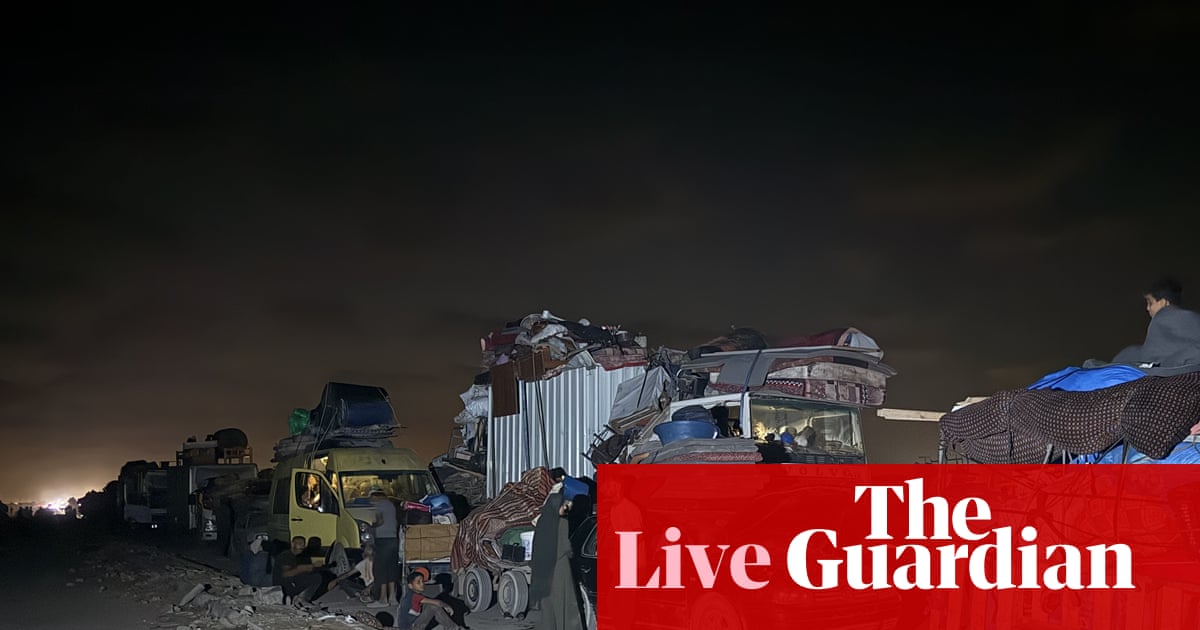Morning opening: Europe gets tougher on migration

Jakub Krupa
Italy and Denmark lead a group of countries pushing back on the European court of human rights’ interpretation of the Human Rights Convention when it comes to migration.

In a joint letter signed with seven other countries - Austria, Belgium, the Czech Republic, Poland, and the Baltics – they argued that a conversation was needed on how rights were being applied as “what was once right may not be the answer tomorrow.”
They said:
Over the past decades, irregular migration has contributed significantly to the immigration to Europe.
Many have come here via legal pathways. They have learned our languages, believe in democracy, contribute to our societies and have decided to integrate themselves into our culture.
Others have come and chosen not to integrate, isolating themselves in parallel societies and distancing themselves from our fundamental values of equality, democracy and freedom.
In particular, some have not contributed positively to the societies welcoming them and have chosen to commit crimes.
It is beyond our comprehension how some people can come to our countries and get a share in our freedom and our vast range of opportunities, and, indeed, decide to commit crimes.
Although this concerns only a minority of immigrants, it risks undermining the very foundation of our societies.
It harms the trust between our citizens and it harms the trust in our institutions.
In a particularly stark paragraph, the letter said:
We believe that the development in the Court’s interpretation has, in some cases, limited our ability to make political decisions in our own democracies. And thereby affected how we as leaders can protect our democratic societies and our populations against the challenges facing us in the world today.
The leaders said “we believe that we are strongly aligned with the majority of the citizens of Europe in our approach,” as they set out to “restore the right balance.”
The move comes as migration dominates election after election across Europe, with voters increasingly frustrated with what they see as the lack of decisive leadership to resolve the issues. Just think of Germany in February and the rise of the anti-migrant sentiment, or about Poland’s ongoing presidential campaign.
One to watch.
*
I will bring you all key updates from across Europe throughout the day.
It’s Friday, 23 May 2025, it’s Jakub Krupa here, and this is Europe Live.
Good morning.
Key events Show key events only Please turn on JavaScript to use this feature
Verdict due in Kardashian robbery trial in Paris
One big story that we will follow today is the expected verdict in the Kim Kardashian robbery trial in Paris.
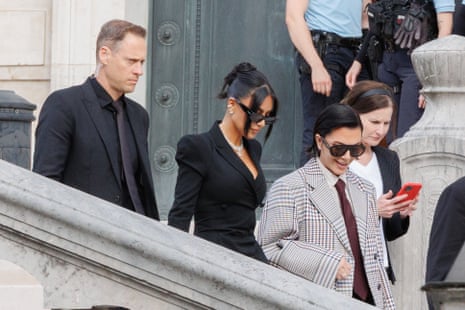
Kardashian was in Paris – a city she said she had “always loved” – for fashion week in October 2016 and was staying in a luxury hotel when the robbers attacked after she returned from dinner. Ten people – nine men and a woman aged between 35 and 78 – are on trial in connection with France’s biggest personal robbery in 20 years. Eight of the accused deny any involvement.
The suspects, nicknamed the “grandpa gang” because of their advanced age, fled with jewellery estimated at $10m (£7.5m) in value, including the 18.88-carat diamond engagement ring Kardashian’s then husband, rapper Kanye West, gave her, estimated to be worth $4m.
On Wednesday, prosecutors requested 10-year jail terms for the four men accused of carrying out the robbery, including its alleged mastermind, Aomar Ait Khedache, AFP reported.
The defendants will have a final chance to speak on Friday morning before the court begins deliberations.
A verdict is expected in the evening.
Morning opening: Europe gets tougher on migration

Jakub Krupa
Italy and Denmark lead a group of countries pushing back on the European court of human rights’ interpretation of the Human Rights Convention when it comes to migration.

In a joint letter signed with seven other countries - Austria, Belgium, the Czech Republic, Poland, and the Baltics – they argued that a conversation was needed on how rights were being applied as “what was once right may not be the answer tomorrow.”
They said:
Over the past decades, irregular migration has contributed significantly to the immigration to Europe.
Many have come here via legal pathways. They have learned our languages, believe in democracy, contribute to our societies and have decided to integrate themselves into our culture.
Others have come and chosen not to integrate, isolating themselves in parallel societies and distancing themselves from our fundamental values of equality, democracy and freedom.
In particular, some have not contributed positively to the societies welcoming them and have chosen to commit crimes.
It is beyond our comprehension how some people can come to our countries and get a share in our freedom and our vast range of opportunities, and, indeed, decide to commit crimes.
Although this concerns only a minority of immigrants, it risks undermining the very foundation of our societies.
It harms the trust between our citizens and it harms the trust in our institutions.
In a particularly stark paragraph, the letter said:
We believe that the development in the Court’s interpretation has, in some cases, limited our ability to make political decisions in our own democracies. And thereby affected how we as leaders can protect our democratic societies and our populations against the challenges facing us in the world today.
The leaders said “we believe that we are strongly aligned with the majority of the citizens of Europe in our approach,” as they set out to “restore the right balance.”
The move comes as migration dominates election after election across Europe, with voters increasingly frustrated with what they see as the lack of decisive leadership to resolve the issues. Just think of Germany in February and the rise of the anti-migrant sentiment, or about Poland’s ongoing presidential campaign.
One to watch.
*
I will bring you all key updates from across Europe throughout the day.
It’s Friday, 23 May 2025, it’s Jakub Krupa here, and this is Europe Live.
Good morning.

 3 months ago
98
3 months ago
98
